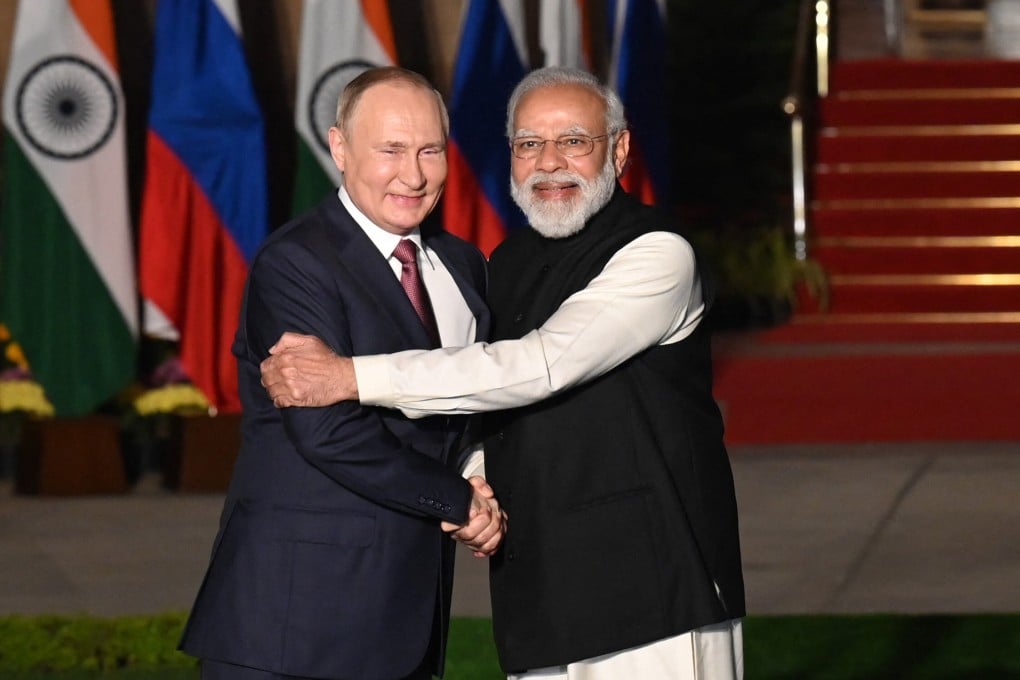Ukraine crisis: why India isn’t condemning Russia, unlike the rest of the Quad
- India has stopped short of criticising Russia’s actions in Ukraine or threatening to join in with US-led sanctions, like Japan and Australia
- Observers said New Delhi’s neutral stance reflected its desire not to take sides – adding that deft diplomacy would be required to navigate the complex issue

Neither the US nor European Union take sides on issues of core concern to us
“Neither the US nor European Union take sides on issues of core concern to us,” said Kanwal Sibal, a former foreign secretary of India, in reference to recent tensions with Pakistan over Kashmir and border disputes with China.
“We need not get into this game and [instead] maintain a constructive position on the issue of favouring a de-escalation and dialogue without taking sides,” he said, highlighting Russia’s grievances, such as the threat of Nato expansion and Western arms sales to Ukraine, and adding: “If condemnation has to take place it should be of all sides.”
Nandan Unnikrishnan of the New Delhi-based Observer Research Foundation think tank, who specialises in Russia, agreed that “right now there is no significant reason for India to change its position” of neutrality – though he said references to a 2014 agreement signed in Minsk that tried and failed to put a stop to fighting in Ukraine’s breakaway Donbas region may have to stop “because that is in cold storage for the foreseeable future”.
Russian-backed separatists in Ukraine’s Donetsk and Luhansk regions – collectively known as the Donbas – broke away from Ukrainian government control in 2014 and proclaimed themselves independent “people’s republics”.